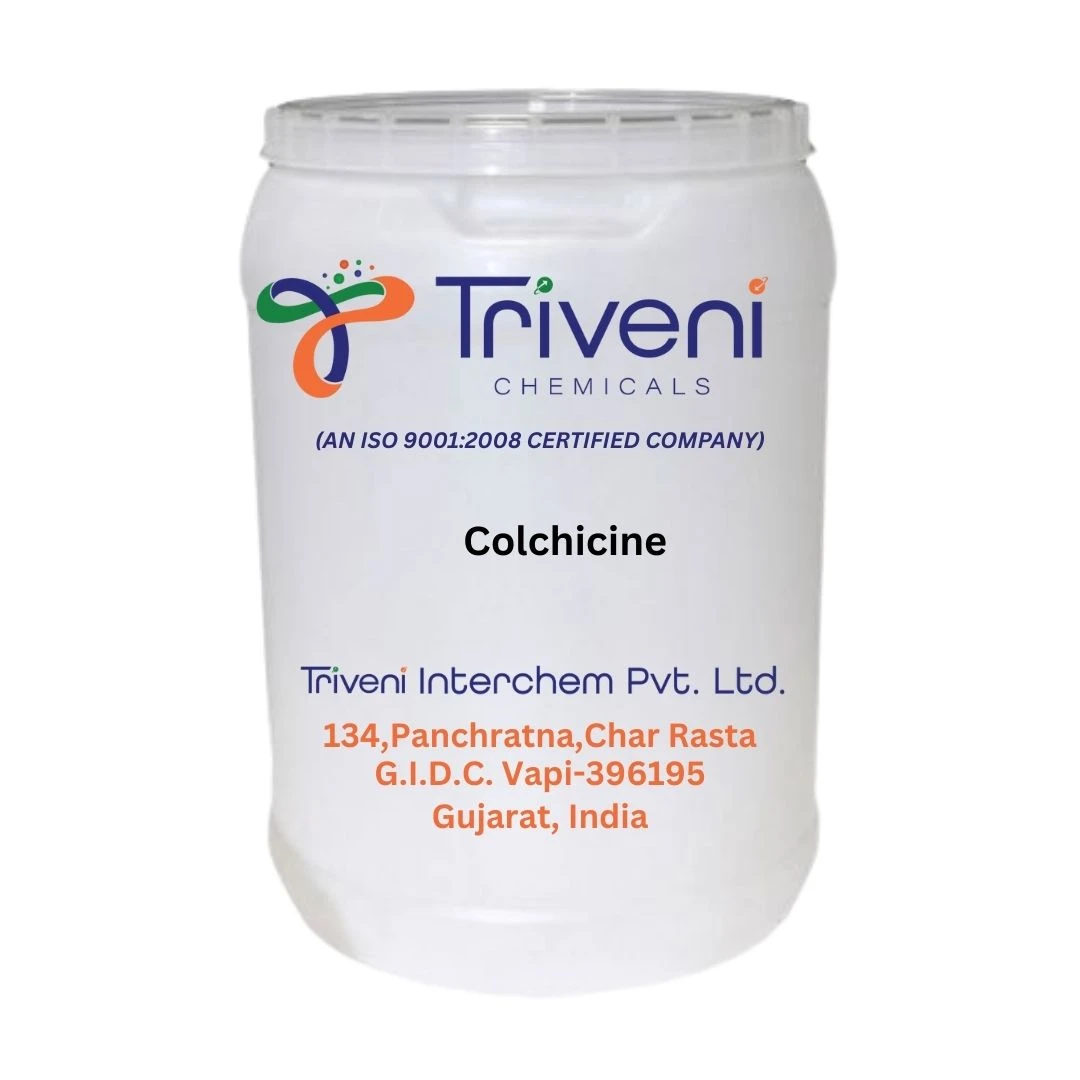Gout is a kind of inflammatory arthritis caused by the formation of urate crystals in the joints, resulting in severe pain, swelling, redness, and reduced movement. It is frequently related with a diet high in purines, chemicals found in some foods and beverages that degrade into uric acid. When uric..
Gout is a kind of inflammatory arthritis caused by the formation of urate crystals in the joints, resulting in severe pain, swelling, redness, and reduced movement. It is frequently related with a diet high in purines, chemicals found in some foods and beverages that degrade into uric acid. When uric acid levels in the blood grow too high, crystals can form in the joints, most commonly in the big toe, but they can also damage ankles, knees, wrists, and elbows. Gout pain can be awful, with symptoms characterized as quick and unbearable, making even the smallest touch or movement uncomfortable. Gout attacks typically occur suddenly, frequently at night, and can linger for days or weeks. The injured joint becomes tender, swollen, and may turn red or purple. A variety of risk factors contribute to the development of gout. Genetics has a part, as some people are predisposed to having high uric acid levels. Diet, obesity, alcohol intake (especially beer and spirits), and certain drugs (such as diuretics) can all raise the risk of getting gout. Medical disorders such as high blood pressure, diabetes, and kidney disease have also been associated to elevated uric acid levels. Gout is diagnosed using a combination of symptoms, medical history, physical examination, and laboratory investigations. A sample of fluid from the afflicted joint can be examined under a microscope to detect urate crystals. Blood tests for uric acid levels can also aid in diagnosis. Gout treatment tries to reduce pain, inflammation, and uric acid levels in order to prevent future attacks.Nonsteroidal anti-inflammatory medications (NSAIDs), colchicine, and corticosteroids are often used to treat acute attacks. Long-term treatments to reduce uric acid levels include xanthine oxidase inhibitors (e.g., allopurinol) and uricosuric pharmaceuticals. Dietary changes (reducing purine-rich foods such as red meat, seafood, and alcohol), weight control, staying hydrated, and regular exercise can all help to minimize the frequency and severity of gout attacks. Gout management necessitates a complex approach that includes medication, lifestyle changes, and continuing monitoring in order to reduce the impact of acute attacks and prevent long-term joint damage and problems. Regular meetings with healthcare experts are essential for efficient management and improving the quality of life for people living with gout.



